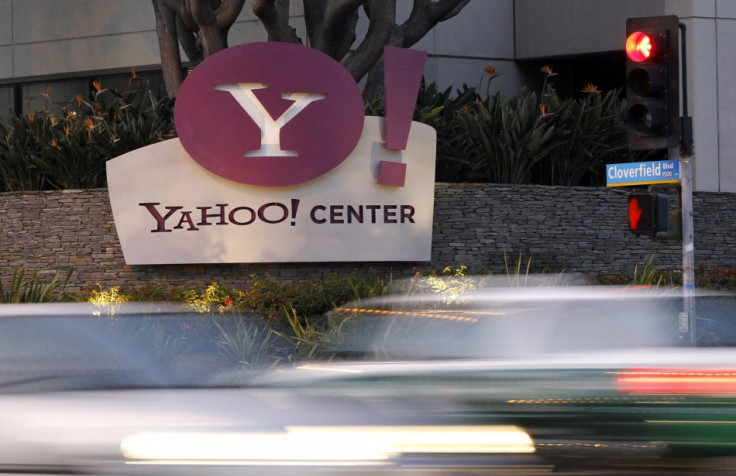Yahoo Posts Better Results Under New Boss Marissa Mayer
Revenue increased 2 percent.

Internet giant Yahoo has posted a 2 percent revenue increase in the first quarter under the new boss Marissa Mayer, adding to hopes of a financial rebound for the company.
Yahoo's quarterly revenue rose to $1.09bn (£680m) from $1.07bn year-on-year, while its net income surged to $3.16bn (£1.9bn) or $2.64 a share, from $298m or 23 cents.
The company's profit gain was mainly attributed to the sale of its shares in the Chinese online firm Alibaba Group Holdings. Yahoo collected pre-tax proceeds valued at $7.6bn from the sale.
Its search and display ads revenue, which had taken a hit due to stiff market competition, gained 1.2 percent and 0.8 percent in the quarter.
"Yahoo! had a solid third quarter, and we are encouraged by the stabilisation in search and display revenue," said CEO Marissa Mayer.
"We're taking important steps to position Yahoo! for long-term success, and we're confident that our focus on quality and improving the user experience will drive increased value for our advertisers, partners and shareholders".
The figures suggest that the company is in the right direction under Mayer, who is known for her decisive action during her time at Google.
Higher earnings
Mayer, who had been given the task of pushing the company earnings higher, said in a conference call with analysts that her first three months had been "incredibly energising."
She noted that Yahoo needs to focus more on mobile services, adding that at some point in the future, its mobile division will be the main focus.
She noted that the company has not yet been able to exploit the growing mobile sector, adding that the brand's mobile presence is fragmented. There are currently around 72 Yahoo apps for Apple and Android platforms.
Yahoo shares were up 3 percent to $16.20 in Wall Street aftermarket trading, suggesting a positive feedback to the company strategy from investors.
Still, concerns linger about the company's ability to compete with other online heavyweights such as Facebook and Google in the longer term.
© Copyright IBTimes 2025. All rights reserved.





















